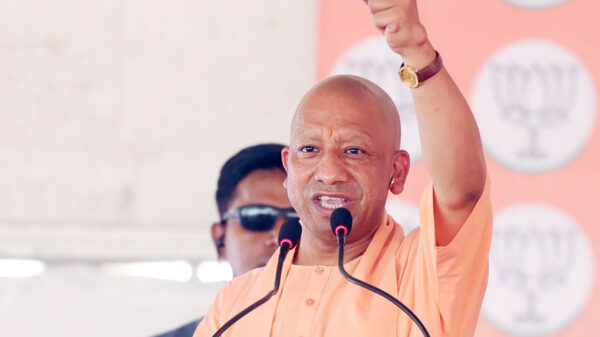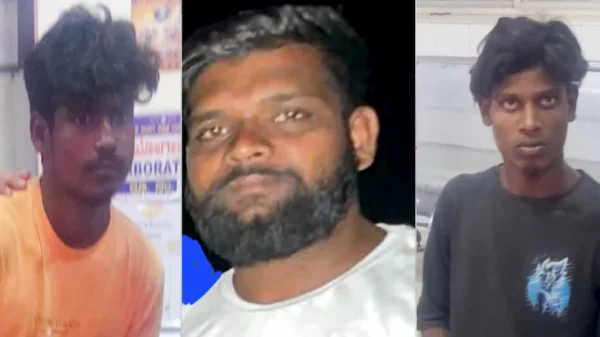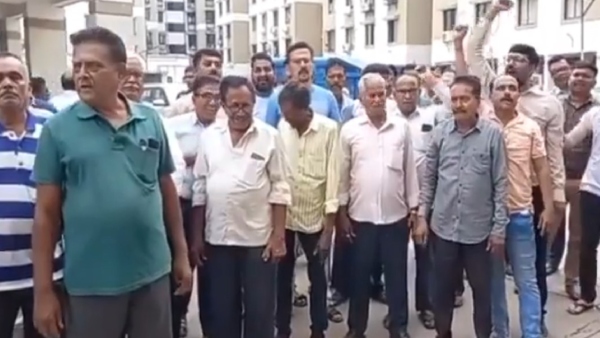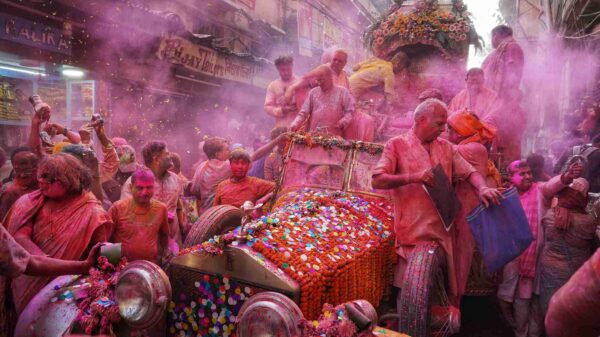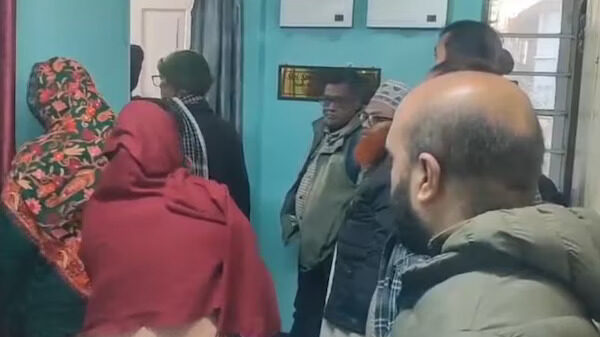A 44-year-old Muslim woman, a mother of one, was allotted a flat in the Vadodara Municipal Corporation (VMC) under the Mukhyamantri Awas Yojana in 2017, which was met by major protest from a section of residents. This comes after she was employed at the Ministry Of Entrepreneurship and Skill Development after which she was issued a dwelling in the low-income housing complex in Harni.
While initially, she felt joy at the prospect of moving into an inclusive neighbourhood, her joys did not last long.
The residents of the housing complex had, in 2020, written to the Chief Minister’s Office, (CMO), to cancel her allotment. Recently on June 10th, the issue resurfaced and fresh protests erupted. On being questioned, officials from the VMC’s housing department confirmed to The Indian Express that the housing draw was done as per norms without any segregation on religious grounds.
An official stated: “It is a matter that must be resolved by both parties or by approaching competent courts,”
The trouble for the woman began before she could not move to her apartment when 33 residents of the 462-unit complex sent a complaint to the District Collector and other authorities, objecting to a ‘Muslim’ resident. They have complained that with her presence, there could be possible “threat and nuisance” as she is the only Muslim allottee in the complex.
This incident shocked the netizens who took to social media to express their outrage. One comment read: “And then people say, why do Muslims live in ghettos?”
“Gujarat is truly an Orwellian nightmare,” wrote another user on Reddit.
Jibran(name changed), a Kashmiri student who graduated from a law college in Ahmedabad, reflected similar sentiments.
“As a Muslim, navigating my five years here was quite challenging. I felt fortunate that my Kashmiri identity was not ‘too obvious’, for that would lead me to even bigger problems. There are safe places and areas here too, but why do I need to find a ‘safe place’ in a country that calls itself secular?”
Jibran
Reflecting on her experience, the 44-year-old shared how disappointed she was. “I grew up in a mixed neighbourhood in Vadodara and always wanted my son to do that too. I have dreams that have been shattered; it’s been almost six years now and there’s still something or the other not working. The discrimination is affecting my son mentally,” she said while talking to The Indian Express.
The memorandum the Motnath Residency Cooperative Housing Services Society Limited submitted argued that a Muslim family in a predominantly Hindu area would be a violation of peace. “We selected this colony because it is a Hindu neighbourhood, and we are not comfortable with others taking residents from other religious backgrounds. It is all about the comfort of both parties,” explained one signatory.
One of the immediate neighbours revealed that he was not very comfortable with the idea of a minority family living next door, despite acknowledging that many families across the neighbourhood were non-vegetarians. “It is not just about eating preferences but the different religious identity,” the neighbour said.
The woman has temporarily taken residence in another part of Vadodara with her parents and son. She stated her determination not to sell the property despite the opposition. “I will wait. I have tried to meet with the Managing Committee, but they do not respond. They recently called me for maintenance dues, and I agreed to pay if they provided me with the share certificate, which they haven’t done. I have already paid a one-time maintenance charge of Rs 50,000 to the VMC. I’m unsure about taking legal action as the government has not denied my right to live there.”
However, amidst this opposition, some residents expressed solidarity with her. One resident remarked, “It is unfair. She is a beneficiary of a government scheme and has been allotted the flat legally. Judging people without interacting with them is unjust.”










